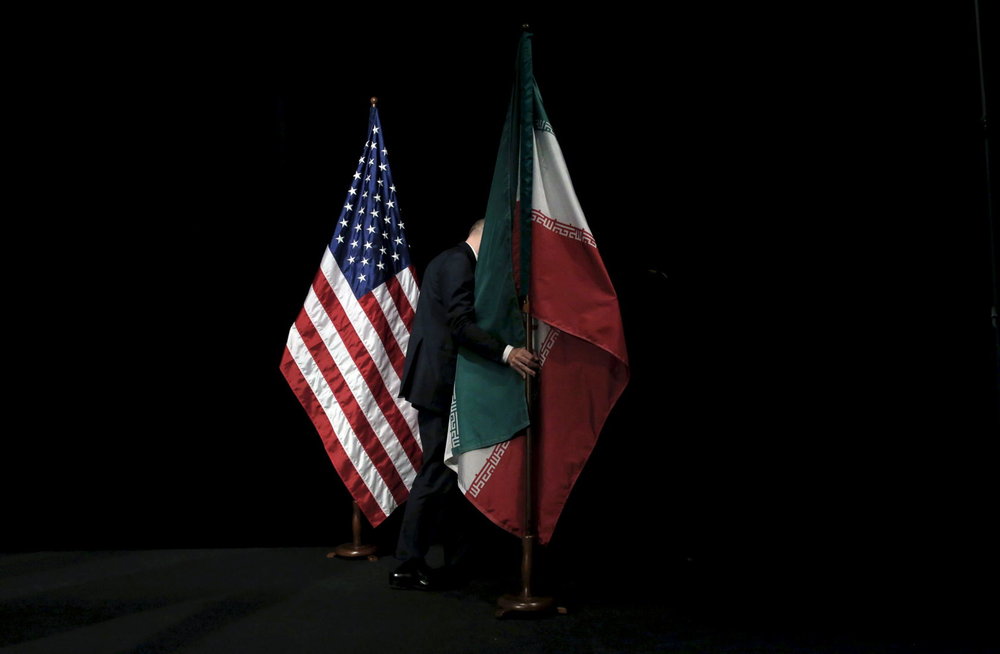Foreign Ministry’s 3rd quarterly report on JCPOA and one key point

TEHRAN - Iran’s Foreign Ministry released on Monday its third quarterly report on BARJAM (the Farsi acronym for the nuclear deal), providing details on the implementation of the pact over the past three months.
The report includes information on monitoring, removal of sanctions, and nuclear activities in connection with the country's nuclear program.
The report also bears information on obstacles which prevent Iran from experiencing the full economic benefits it had expected from the deal, one being opposing voices inside the country.
From the moment BARJAM, officially called the Joint Comprehensive Plan of Action (JCPOA), was signed in Vienna in July 2014 until now, it has stirred disagreement in the Iranian society.
Juxtaposing the so-called worriers inside the country with other antagonistic international actors such as Saudi Arabia, Israel, and U.S. hardliners, has an important message regarding how national interests of a country can be undermined by uncoordinated and informal stances expressed by different individuals. While a large number of politicians and millions of Iranians hail the agreement framework, there are a few dyed-in-the-wool deniers, otherwise known as “the worriers,” who have remained skeptical of the deal.
They look at the deal as a sort of submissive cooperation with the West which is antithetical to the spirit of the 1979-revolution.
Juxtaposing the so-called worriers inside the country with other antagonistic international actors such as Saudi Arabia, Israel, and U.S. hardliners, has an important message regarding how national interests of a country can be undermined by uncoordinated and informal stances expressed by different individuals.
Mohammad Soleimani, the former telecommunication minister under the Ahmadinejad administration, said in an interview recently with Fars news agency, that BARJAM has borne no fruit for the country, accusing senior officials of not being “honest.”
Take Friday prayer preacher Ahmad Khatami as another example, who back in August undermined Iran deal by calling one of the greatest breakthroughs of the world over the past years a “game” where the West has not honored its side of the bargain.
As a matter of fact, the Foreign Ministry’s reference to the detrimental impact of such stances serves as an alarming call to put the national interests of the country before anything else.
It makes no difference whether these are voices inside or outside the country who keep downgrading the deal. The outcome is the same: scarring investors off the country.
“Attraction of foreign investment, and increased international economic transactions depend on a confidence-building atmosphere,” read part of the Foreign Ministry report.
The fact that economic growth won’t be achieved over night doesn’t mean it won’t be reached at all.
The JCPOA has already been of great help for the country. We are making a comeback to the oil market, and are clawing back our share in international markets.
According to Ali Kardor, the managing director of the National Iranian Oil Company (NIOC), Iran’s oil production is touching the pre-sanctions level of around four million barrels per day from nearly one million between 2012 and 2015.
Other economic performance indexes such as direct foreign investment have also shown growth.
So, we should be upbeat and maintain a positive attitude about post-sanctions era, and bear in mind that honoring the deal means honoring our national interests.
AK/PA
